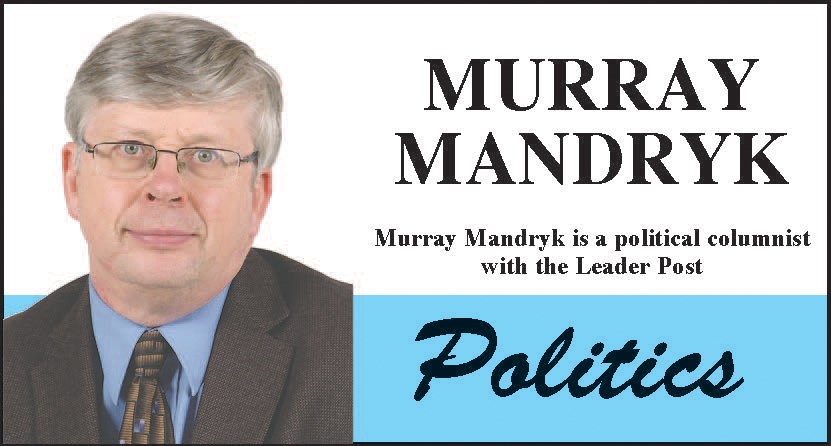As Premier Scott Moe moves towards the predicted October 26 election, maybe the best thing he could is surprise us a bit more in 2020.
That might include moving up the election date to June or April to keep this current term closer to the traditional four-year mandate.
The surprise of an earlier election call — and perhaps a few other surprises from Moe — would be welcomed.
Admittedly, that isn’t exactly been Scott Moe’s style.
For both good and bad, politicians develop a certain style and Moe’s calling cards has been to deliver on what he said he would do.
For example, upon winning the Saskatchewan Party leadership (and, thus, the role as premier of the province) Moe promised to fight the carbon tax with every means possible. (Remember him paraphrasing Prime Minister Justin Trudeau’s dad, Pierre Elliott Trudeau’s famous quote “just watch me.”)
It certainly was the politically popular thing to do, likely solidifying the Sask. Party’s chance of winning the next Saskatchewan election regardless of when it’s held.
But whether all Moe’s bravado has necessarily had the desired effect of changing anything remains to be seen.
Saskatchewan has already lost at the Court of Appeal and the few legal experts are expecting that decision to be overturned by the Supreme Court of Canada this year.
If it was Moe’s hope that the court challenge would stall things in anticipation of the arrival of an Andrew Scheer/Conservative government that would repeal he carbon tax, that strategy clearly now needs to change.
For better or worse, we are all stuck with the Justin Trudeau Liberal government for awhile yet — perhaps, quite awhile, given the relative disarray of the federal Conservatives right now.
So maybe a more productive approach for Moe would be to work towards change from within.
Of course, this is not the approach anyone expects from the straight-ahead Scott Moe.
But maybe Moe and the Sask. Party need to recognize that the element of surprise has been their most effective tool.
For example, both the commitment to fight the deficit budget and the resignation of Wall in 2017 came as dramatic and unexpected political developments last decade.
Yet Moe embraced certainly embraced this new direction for the Sask. Party government, promising to carry on with the balanced budget agenda but to also restore critical funding in education. True to his word, he accomplished both in 2019.
Those of you who have been paying close attention to what Moe and the Sask. Party is saying will notice that it’s always been committed to reducing Saskatchewan’s greenhouse gas emissions.
It has been the Sask. Party government position as far back as 2010, to implement some form of carbon pricing. The issue has to been what the Sask. Party says is an ineffective federal Liberal tax.
But what happen if Moe surprised us by finding a way to work with the federal government to bring forward a new Saskatchewan strategy to fight greenhouse gas emissions?
Standing in the way is the messy matter of the existing federal carbon tax — something that new federal Environment Minister Jonathon Wilkinson is not yet committing to change.
But after what Moe described as a rather constructive meeting with Deputy Prime Minister Crystia Freeland followed by Saskatchewan Environment Minister Dustin Duncan’s productive meeting with Wilkinson, is there a possibility of working together?
Of particular interest was the focus on environmental technology that both Wilkinson and Duncan said could actually preserve jobs in the oil sector.
Sure, it’s a bit pie-in-the-sky at this point, but it beats the angry, unproductive confrontation we heard from Moe immediately after the October federal election.
The best thing Moe could go for himself in 2020 — and for all of us, really — is to occasionally surprise us.
Murray Mandryk has been covering provincial politics since 1983.



